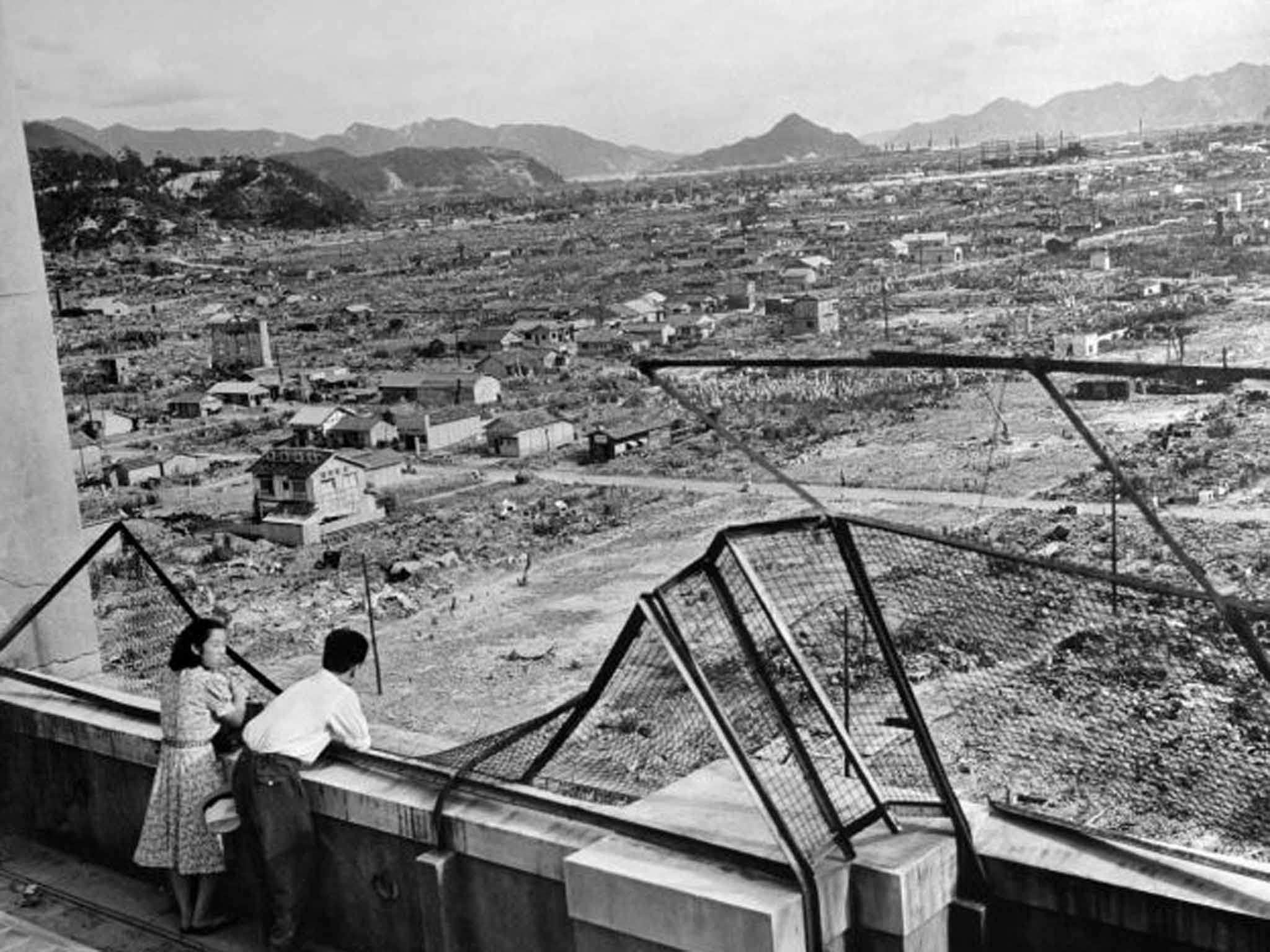Hiroshima bombing: app shows scale of destruction by simulating what would happen if Little Boy bomb was dropped on your hometown
As well as the horror of the Little Boy bomb dropped on Hiroshima, app shows the true scale of the atomic weapons that are in our current armoury

Your support helps us to tell the story
From reproductive rights to climate change to Big Tech, The Independent is on the ground when the story is developing. Whether it's investigating the financials of Elon Musk's pro-Trump PAC or producing our latest documentary, 'The A Word', which shines a light on the American women fighting for reproductive rights, we know how important it is to parse out the facts from the messaging.
At such a critical moment in US history, we need reporters on the ground. Your donation allows us to keep sending journalists to speak to both sides of the story.
The Independent is trusted by Americans across the entire political spectrum. And unlike many other quality news outlets, we choose not to lock Americans out of our reporting and analysis with paywalls. We believe quality journalism should be available to everyone, paid for by those who can afford it.
Your support makes all the difference.It’s difficult to imagine the scale of destruction that was wrought on Hiroshima 70 years ago, when a hugely-powerful nuclear bomb was dropped on it from an American plane. But one app lets people try envisioning it, mapping out the scale of the destruction on the place where they live.
Nukemap, developed by historian of science Alex Wellerstein, simulates the blast and fallout of a nuclear bomb, allowing people to see the full scale of the atomic bomb. The map can plot the fallout area on any location, allowing people to see the destruction a similar bomb — or the more powerful ones being developed today — would bring to their home.
On the app, users can select from a range of locations (including Hiroshima and Nagasaki) and preset bombs (like Little Boy and Fat Man, which were dropped on Japan). They can then choose how exactly the bomb should be dropped and detonated, before seeing the effects plotted on a map and the casualties counted up.
A similar tool has been developed by PRI, which shows just the effects of the Hiroshima bombing, transposed to any location.
About 75,000 people were killed by the bomb on Hiroshima, dropped on August 6, 1945. Another 70,000 were injured ,and much of the city was completely levelled.
Join our commenting forum
Join thought-provoking conversations, follow other Independent readers and see their replies
Comments